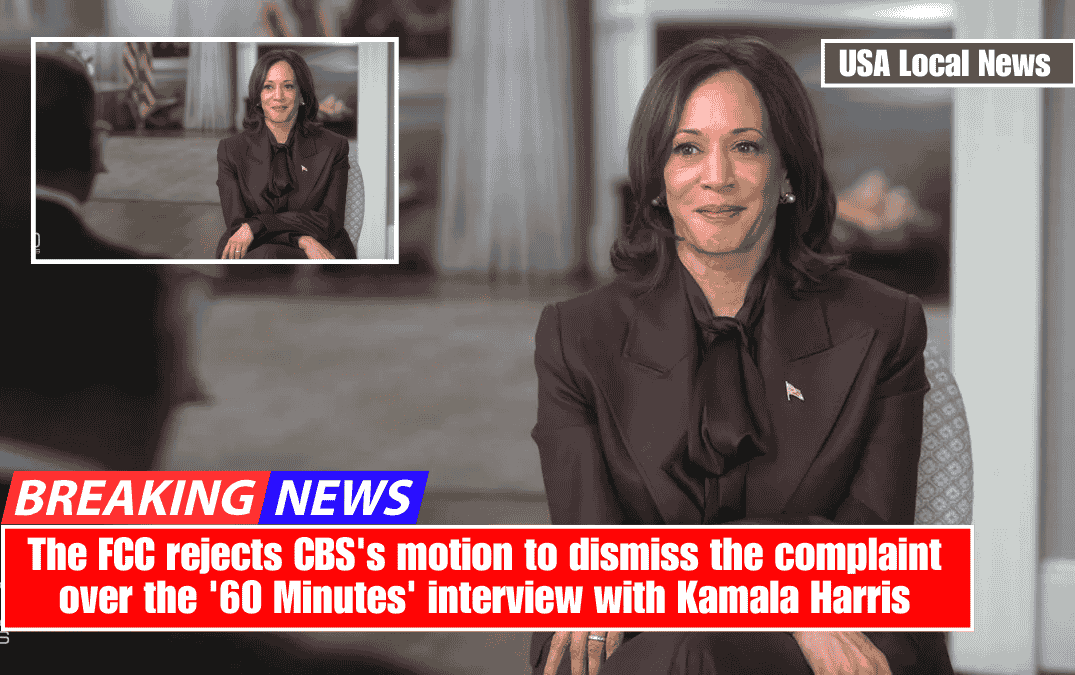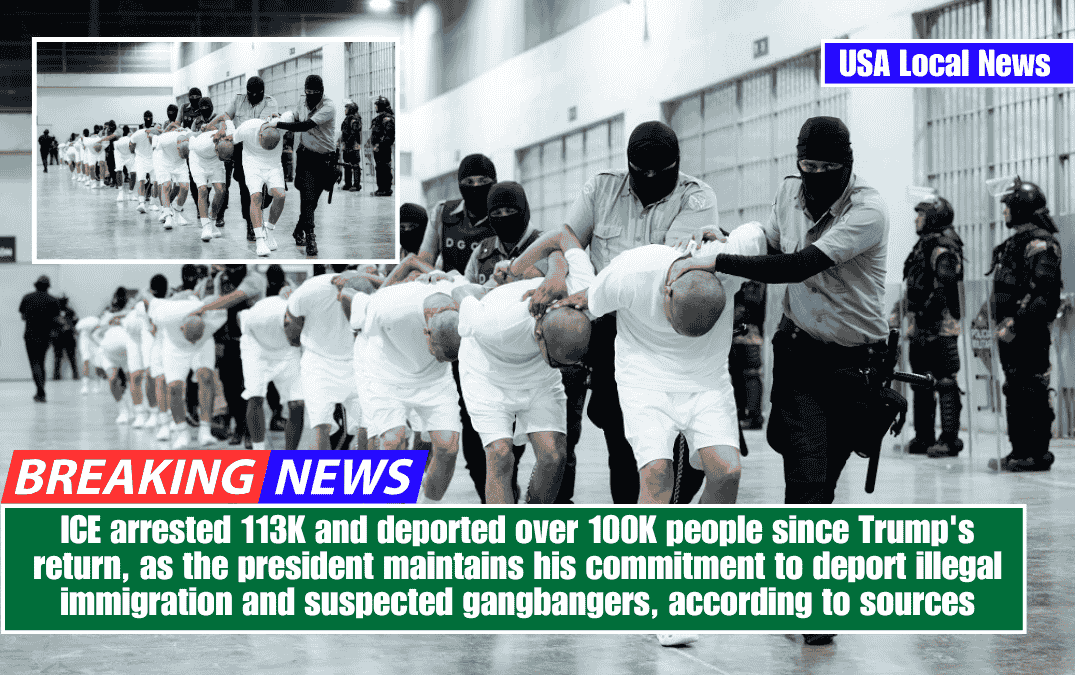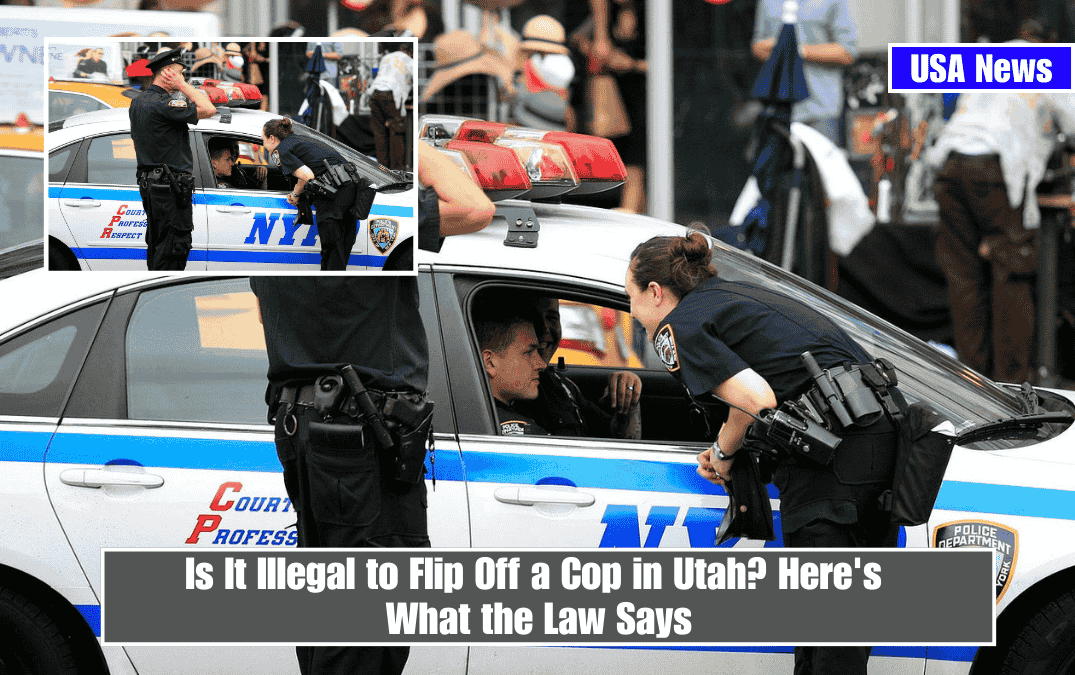On Tuesday, the Federal Communications Commission (FCC) dismissed CBS’s request to dismiss a complaint filed by a conservative group involving the network’s controversial “60 Minutes” interview with Democratic presidential candidate Kamala Harris, which aired only weeks before the election.
The complaint, filed by the Center for American Rights and condemned by then-presidential candidate Donald Trump, concerns CBS’s handling of Harris’ response to a question concerning Israeli Prime Minister Benjamin Netanyahu.
CBS showed one piece of her response on “60 Minutes” and another excerpt on “Face the Nation,” sparking accusations of manipulative editing.
Trump has already filed a $20 billion lawsuit against CBS, saying that the network staged the interview to influence the election, which he won over Harris.
CBS, owned by Paramount Global, defended its editorial decisions, claiming that it was usual procedure to condense long interviews into time-limited broadcasts.
The network urged the FCC to dismiss the complaint quickly, claiming in a public filing that “the transcript and unedited interview footage demonstrate that CBS engaged in commonplace editorial practices.”
However, FCC Chairman Brendan Carr fought back, claiming that an inquiry is still underway. “We’re not close to dismissing that complaint,” Carr told Reuters on Tuesday.
The debate arises as Paramount seeks FCC clearance for a $8.4 billion merger with Skydance Media, a transaction that controlling owner Shari Redstone had expected to be completed by now.
CBS noted conservative advocacy groups’ warnings that any FCC action could violate First Amendment rights and establish the agency as a regulator of journalistic content. The network claimed that the lawsuit seeks to turn the FCC into “a full-time censor of content.”
While the FCC cannot restrict news or violate First Amendment rights, it does enforce laws prohibiting intentional news distortion. The American Civil Liberties Union (ACLU) has criticized the inquiry as unfounded, claiming that it serves merely to “harass CBS and chill those putting forth disfavored viewpoints.”
Under Carr’s leadership, the FCC reopened complaints not only about the Harris interview, but also against ABC’s handling of a pre-election debate and NBC’s choice to include Harris on “Saturday Night Live” prior to the elections. His predecessor, Jessica Rosenworcel, first dismissed the concerns in January.















